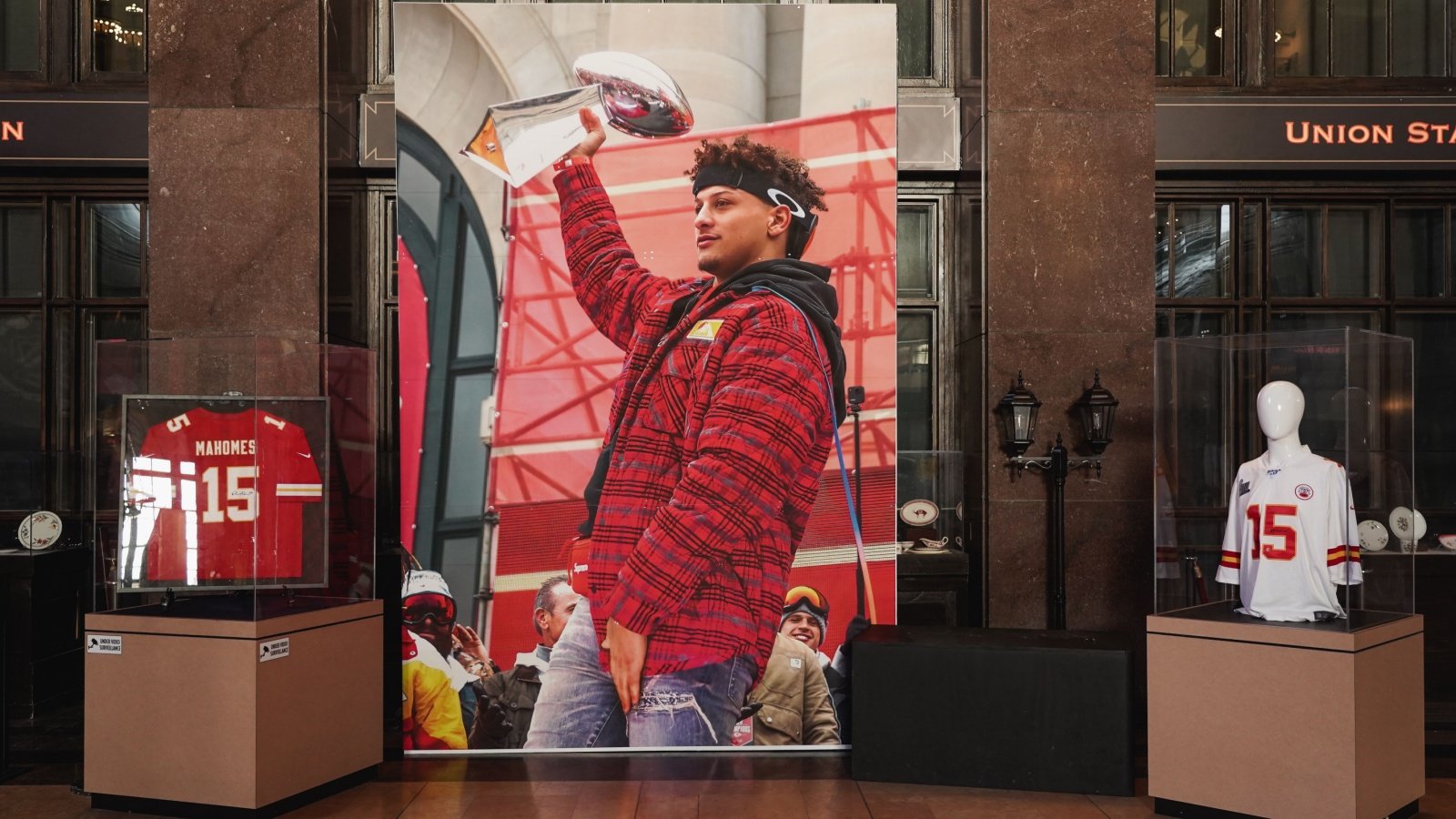Ever find yourself scratching your head at phrases that sound like they’re from another planet? Welcome to the club, as we explore 21 sayings that leave non-Americans puzzled.
Bite the Bullet

This phrase takes us back to a time when there was no anesthesia, and patients had to literally bite a bullet to endure pain. Today, it metaphorically means to face a difficult situation with courage. It’s about steeling oneself to do what’s necessary with bravery and determination.
Spill the Beans

Long ago, beans were used to vote, and spilling them could prematurely reveal the secret outcome. Now, when someone “spills the beans,” they’re revealing information that was supposed to be kept secret. It’s about letting something slip, sometimes with a sense of accidental betrayal. The phrase adds a playful element to the act of disclosing secrets.
Kick the Bucket

This euphemism for death might sound bizarre, but it has a longstanding place in American vernacular. It’s believed to originate from the method of standing on a bucket to commit suicide and then kicking it away. Using this phrase softens the harshness of discussing death. It’s a way of talking about the end without facing its full gravity.
Break the Ice

Imagine a room full of strangers, awkward and silent. Someone tells a joke or starts a conversation, and suddenly, the tension melts away. That’s “breaking the ice” – making people comfortable to open up and connect.
Shooting the Breeze

Sometimes, Americans love to engage in casual conversations with no specific purpose. This is what they refer to as “shooting the breeze.” It’s all about enjoying the moment and exchanging stories or thoughts without any pressure.
Piece of Cake

When an American says something is a “piece of cake,” they mean it’s incredibly easy. Imagine slicing through a soft, moist cake; that’s how effortless the task is. It’s a sweet way to convey simplicity and lack of complication.
Barking Up the Wrong Tree

Picture a dog barking at a tree, thinking the cat it chased is up there, but the cat is actually in the next tree. That’s the essence of this phrase – a mistake or misunderstanding, pursuing the wrong course of action. It’s a humorous way to suggest someone is off track without causing offense.
Under the Weather

Feeling slightly ill or not at your best is often described as being “under the weather.” It’s as if bad weather is pressing down, making one feel unwell. This expression conveys a sense of empathy and understanding towards someone’s minor ailments.
Ride Shotgun

In the Wild West, the person sitting next to the stagecoach driver, usually armed with a shotgun, was responsible for protection. Nowadays, “riding shotgun” means sitting in the front passenger seat of a car. It’s a coveted position on road trips.
Hit the Hay

After a long day, when it’s time to go to sleep, Americans might say they will “hit the hay.” This phrase refers to when mattresses were often filled with hay. It’s a quaint way of announcing bedtime, evoking images of simpler, rustic times. The expression adds a cozy, down-to-earth feeling to the end of the day.
Couch Potato

Picture someone lounging on a couch, immobile and often watching TV, resembling a potato. This is the essence of a “couch potato” – someone who is exceedingly lazy or inactive. It’s a playful critique of sedentary lifestyles.
Jump on the Bandwagon

In the past, a bandwagon was a wagon that carried a circus band, and people would literally jump on it to enjoy the music and be part of the parade. Today, “jumping on the bandwagon” means joining a popular activity or trend. It’s about following the crowd, often without much thought.
Burn the Midnight Oil

Before electricity, people used oil lamps to work late into the night, hence “burning the midnight oil.” It signifies working exceptionally late or putting in extra effort. The phrase evokes a sense of dedication and perseverance, illuminating the darkness with the light of hard work.
Caught Red-Handed

This phrase originates from a time when evidence of a crime was literally catching someone with blood on their hands. Now, it means being caught in the act of doing something wrong. It’s a vivid expression that brings immediate guilt and exposure.
Chew the Fat

Long ago, sailors would chew on salt-hardened fat while speaking with each other to pass the time. “Chewing the fat” now means engaging in casual conversation. It’s about sharing stories, gossip, or simply talking to enjoy each other’s company.
Cold Turkey

To quit something abruptly, without easing off, is to go “cold turkey.” It’s believed to relate to the cold, clammy feel of a turkey’s skin and the discomfort of withdrawal symptoms. This phrase embodies the challenge and abruptness of quitting a habit without preparation. It conveys a raw, unfiltered approach to change.
Hit the Nail on the Head

When a carpenter strikes a nail perfectly, it’s efficient and effective, just like making an accurate statement or solution. “Hitting the nail on the head” means getting something exactly right. It’s a satisfying expression that conveys precision and mastery.
Let the Cat Out of the Bag

In medieval markets, dishonest merchants might try to sell a cat in a bag, pretending it was a pig. If the cat was let out, the scam was revealed. Now, it means to reveal a secret or truth, often inadvertently. It’s a playful way to describe the disclosure of something hidden.
On the Fence

Imagine sitting atop a fence, unable to decide which side to jump down to. That’s the feeling “on the fence” conveys – indecision or neutrality. It’s about being torn between options and unable to commit.
Rain Check

Originally from baseball, where a “rain check” ticket was issued for a postponed game due to rain, it now means to postpone plans. It’s a polite way of saying, “Let’s do this another time.” The phrase brings a sense of flexibility and understanding to rescheduling.
Steal Someone’s Thunder

In the 18th century, playwright John Dennis invented a new thunder sound effect, which was then used by another without acknowledgment. Today, “stealing someone’s thunder” means taking credit for someone else’s idea or overshadowing them. It’s about the injustice of not being recognized for one’s contributions.







